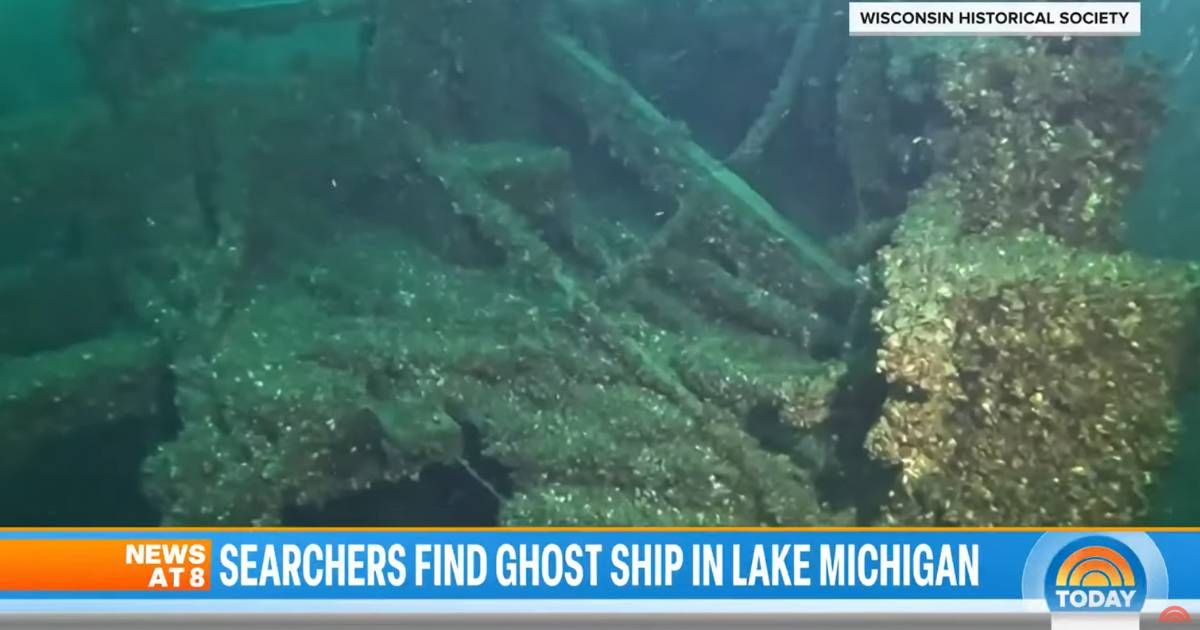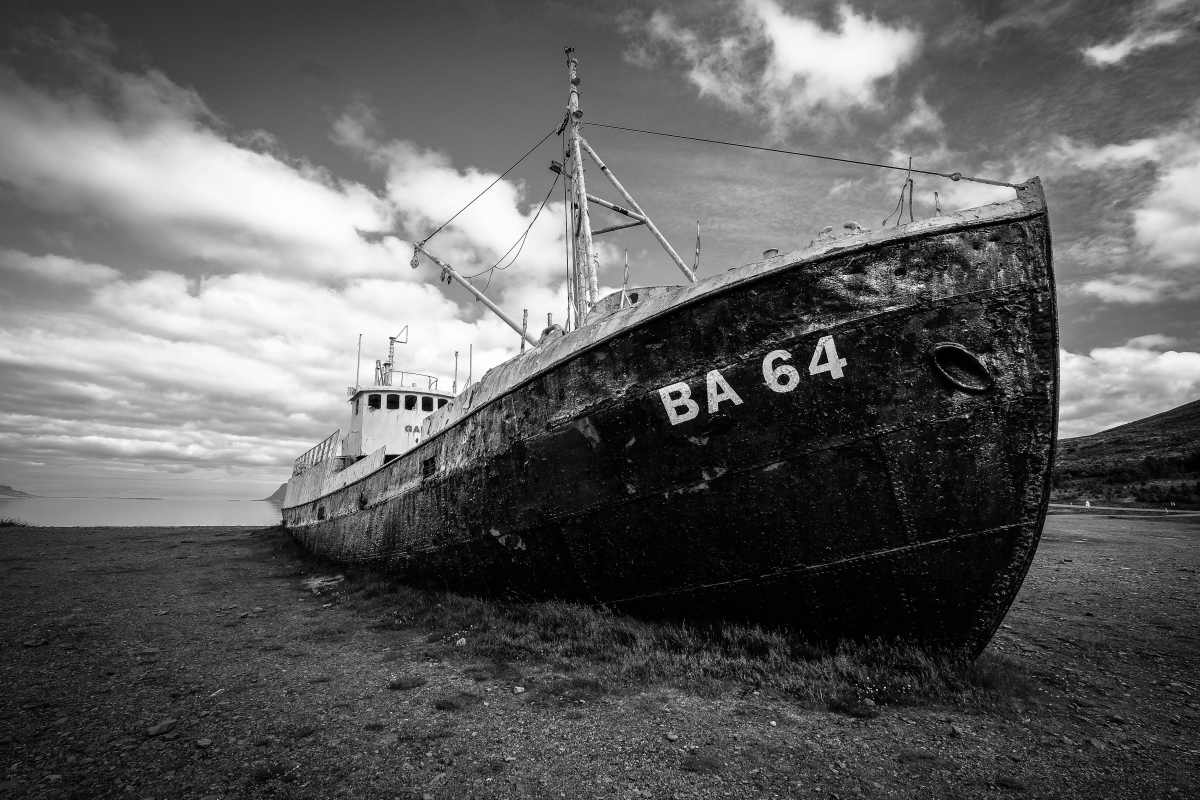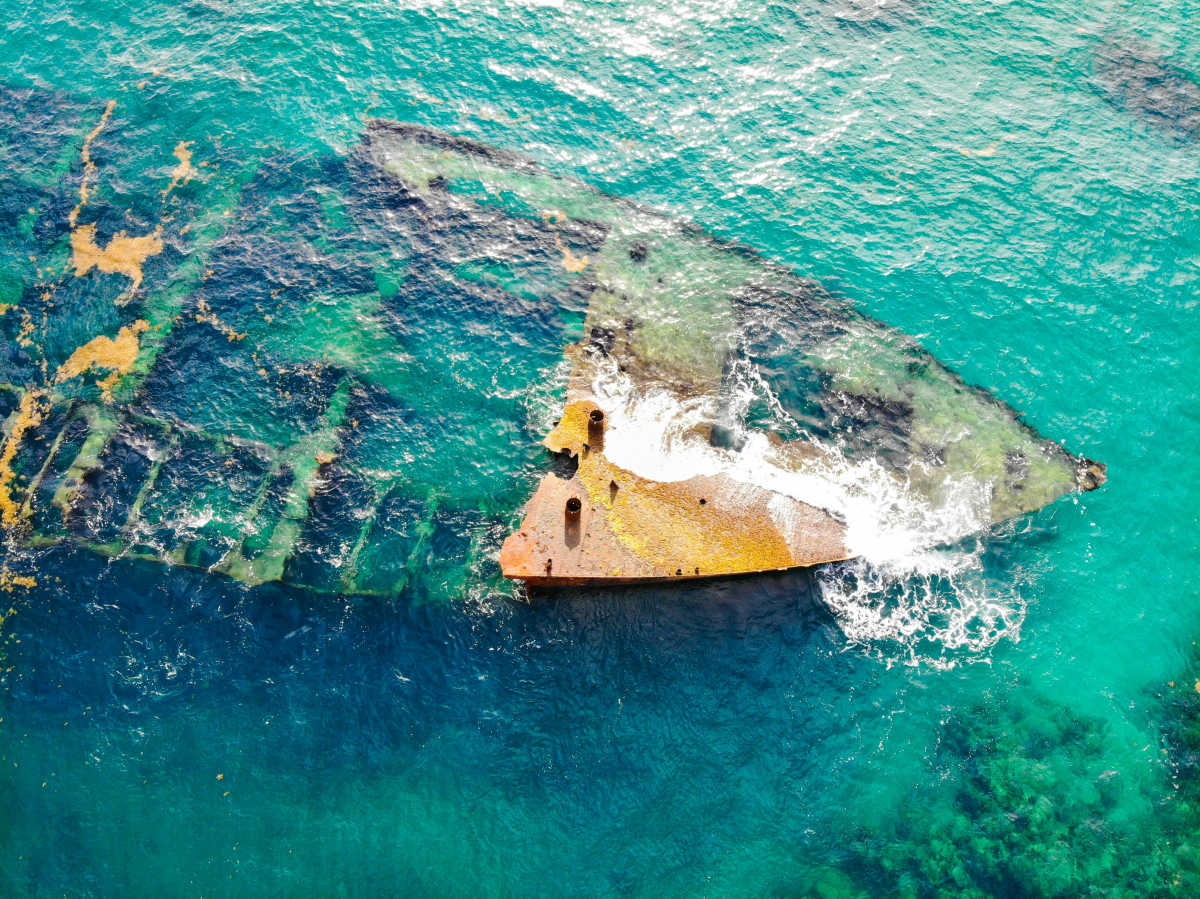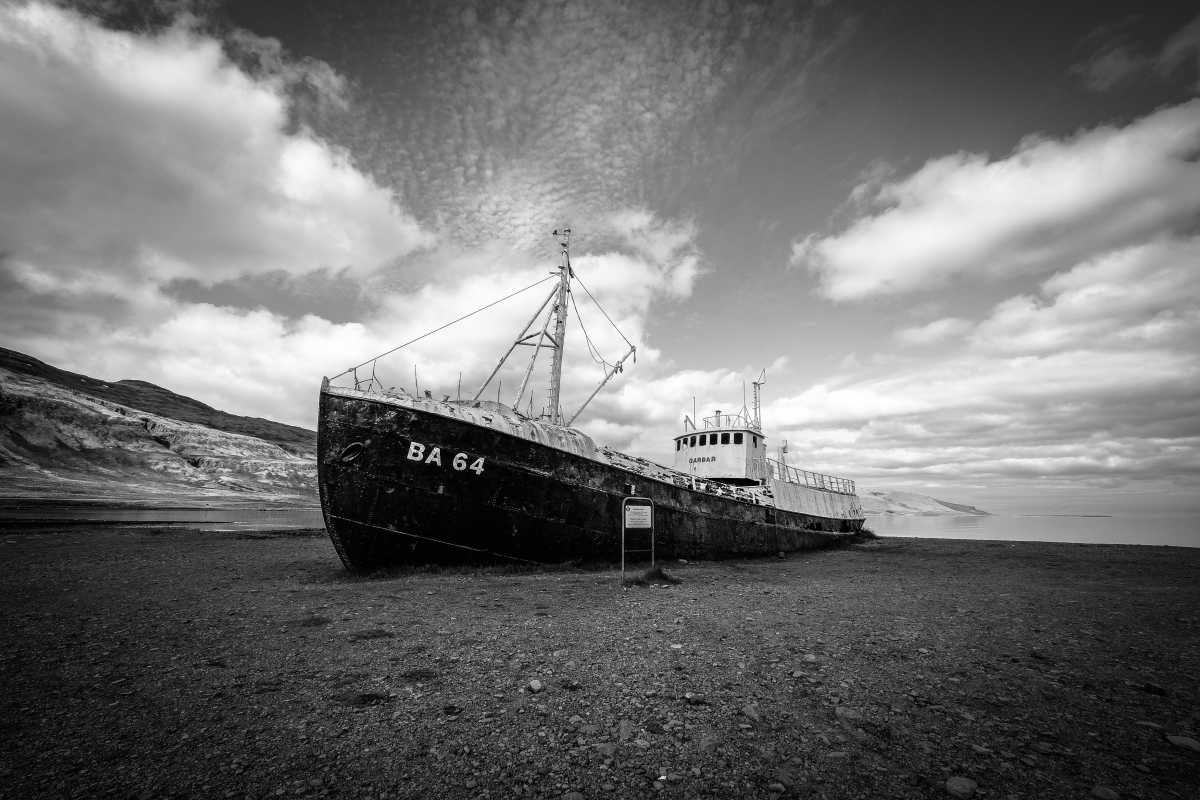'Ghost ship' lost for nearly 140 years finally discovered by citizen scientists in Wisconsin

After decades, the remains of F.J. King have finally been uncovered. For 140 years, aficionados have been looking for this ship, but it was so elusive that people labeled it a "ghost ship," according to Popular Science. Citizen scientists were in for a surprise when, in just a matter of hours, they were able to detect the 144-foot ship in the waters off Bailey's Harbor, Wisconsin. The scientists have already informed about the discovery, who have taken the necessary steps to protect the remarkably preserved three-masted wooden schooner.

When did the "Ghost Ship" Disappear?
F.J. King set out from Escanaba, Michigan, for Chicago on September 15, 1886. It reportedly carried around 600 tons of iron ore during the voyage. As it sailed into a gale off eastern Wisconsin's Door Peninsula, the ship was attacked by several winds and 10-foot waves, which broke the vessel's wooden seams. The crew couldn't remove the incoming water fast enough to stop the ship from sinking. Ultimately, Captain William Griffin instructed the eight-person crew to jump out of the vessel. On September 16, the crew reported that the vessel's stern (or back) had risen into the air, which possibly caused the stored iron ore to crash forward so hard that the ship's entire deckhouse broke into pieces.

The ship reportedly sank 137 feet into Lake Michigan. All crew members came out safe and were later rescued by the schooner La Petite. Some weeks later, Cana Island Lighthouse keeper William Sanderson shared that F.J. King's masts were coming out of the water and venturing into the shipping lane. Since then, there was no reliable trace of the "ghost ship." Neptune's Dive Club in Green Bay even issued a hefty reward for people to uncover the ship, but it was of no use.
Discovery of the Ship
Researchers from the Wisconsin Historical Society and the Wisconsin Underwater Archeology Association announced in September that they had discovered the F.J. King, according to NBC News. The ship was uncovered off Bailey's Harbor, a town inhabited by 280 people on Wisconsin's Door Peninsula. It is a land outcropping linked to Lake Michigan. The team considered many accounts while looking for the ship. Along with Griffin's statement about the ship being miles off Bailey's Harbor, and the lighthouse keeper locating the vessel's mast much closer to the surface, researchers also looked into the testimony of commercial fishermen who claimed that they had taken items from the wreckage.
🛳️1/3 Just discovered: The “ghost ship” F.J. King, lost in Lake Michigan since 1886, has finally been found. pic.twitter.com/Dv1SDj3jqO
— lucent Insights360 (@LucInsights360) September 16, 2025
The team, led by Brendon Baillod, after analysis, chose to depend on the lighthouse keeper's testimony to uncover the ship. Researchers drew a 2-square-mile grid around the location provided by the keeper. They began to search the area in the grid using side-scan sonar, and surprisingly picked up signals from a 140-foot-long object, just half a mile from the lighthouse keeper's location. "A few of us had to pinch each other," Baillod said. "After all the previous searches, we couldn't believe we had actually found it, and so quickly."

Condition of the Ship
The ship's hull seemed to be intact, which was shocking, as the team expected it to be in pieces due to the weight of the iron ore. Two remotely operated vehicles were deployed to get a closer look at the wreck. The team quickly informed the Wisconsin Historical Society's Maritime Archaeology program about the discovery, which also sent their experts to the wreck, and created its 3D photogrammetry model. The exact location of the ship has been kept under wraps to protect its sanctity. "Finding a historic shipwreck brings with it a great responsibility," said Baillod. "People may not think twice about taking an artifact from an anonymous old shipwreck, but once the vessel has a name, a story, and links to the community, it becomes a part of the community's history and even a source of tourism."